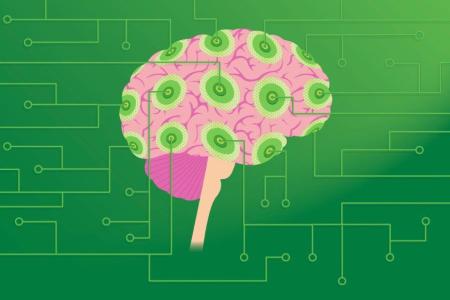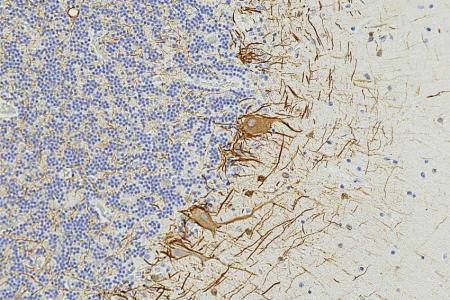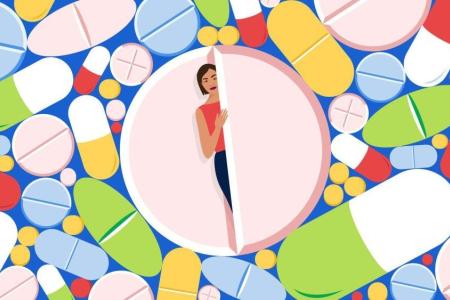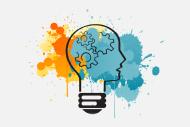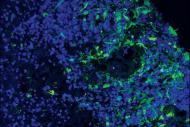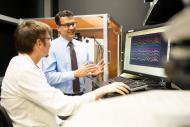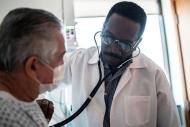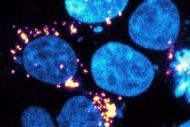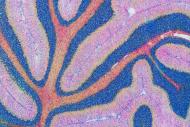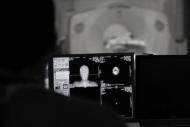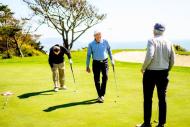UCSF Researchers Identify the Cellular Source of Recurrent GliomaThrough decades of biobanking at UCSF, researchers were able to comprehensively map intra-cellular signaling in the cells of recurrent glioblastoma, identifying novel cell-extrinsic therapeutic targets.
While we sleep, our brains process our daily actions to create motor memory, which makes physical acts such as throwing a basketball subconscious.
38 UCSF researchers rank in the top 1 percent for impact in their fields, according to a new analysis of research citations by science and intellectual property company Clarivate.
UCSF Experts Address CTAD Conference on Pharma-Free Intervention; Patient Data Repository; First Trial of svPPA TreatmentUCSF Experts Present Research at the Annual Clinical Trials on Alzheimer’s Disease (CTAD) Conference in San Francisco.
UCSF-VA Study Shows Psychiatric Disorders Increase Risks for Deaths, HospitalizationsRisk of death or hospitalization from COVID-19 were found to be greater for patients with PTSD.
Discovery May Point to New Therapeutic Approach for Common Neurodegenerative DisordersThe brains of people with Down syndrome develop the same neurodegenerative tangles and plaques associated with Alzheimer’s disease and frequently demonstrate signs of the neurodegenerative disorder in their forties or fifties. A new study shows that these tangles and plaques are driven by the same amyloid beta (Aß) and tau prions as Alzheimer’s disease.
UCSF Experts to Highlight Cutting Edge Advances and Discoveries at World’s Largest Meeting Devoted to NeuroscienceBrain implants for speech, neurological effects of COVID-19, and motor recovery after stroke are among the topics that researchers from UCSF will be presenting at this year’s annual meeting of the Society for Neuroscience.
UCSF Researchers Drive Efforts to Recruit More Black, Latinx, Asian and American Indian ParticipantsA $147 million grant will expand diversity among Alzheimer’s disease research participants, and involve partners from UCSF, the San Francisco VA Medical Center, and the Northern California Institute for Research and Education.
After Don Onken suffered a stroke at 78, a quick response by doctors at the UCSF Medical Center at Parnassus Heights helped him get back on his feet quickly – and back to the golf course.

